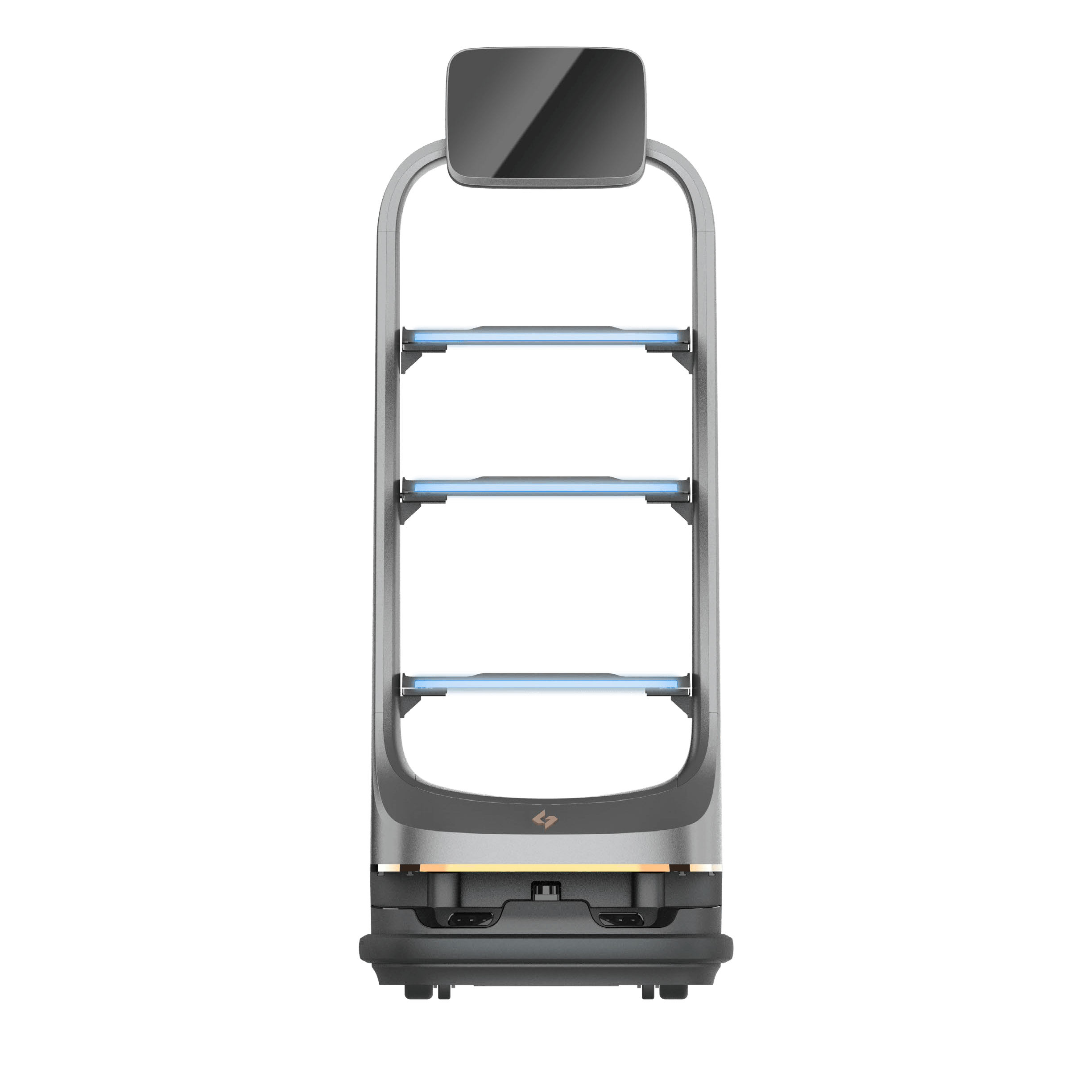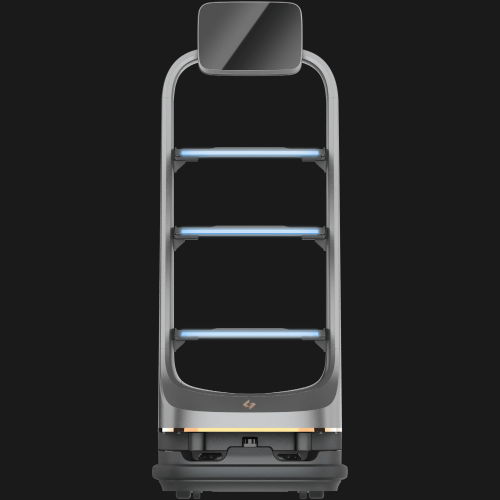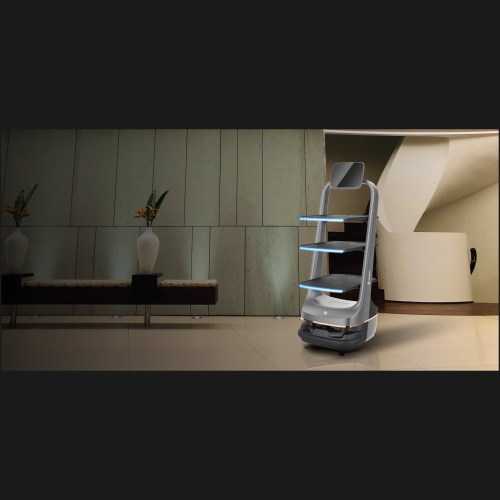The hospitality industry is a massive business sector. Casting a broad umbrella, it encompasses all economic and business activities that rely upon or contribute to travel and tourism.
Hospitality-focused businesses like hotels and travel agencies contribute directly by providing essential services that enable travel and tourism. Suppliers, transportation services, and catering companies may indirectly contribute by delivering the goods and services necessary to keep the industry running; however, they do not solely rely on hospitality for their revenue.
Because the hospitality industry is so expansive, it includes a diverse spectrum of companies, businesses, and experts. Even with so much variety, most hospitality businesses fall into one of four categories.
1. Travel & tourism (T&T)
Although many people think travel and tourism are synonymous with hospitality, that’s not quite the case. More accurately, T&T is a specific category within the hospitality industry. It includes airlines, shuttle services, travel agents, destination marketing organizations (DMOs), and other businesses or services that help facilitate the physical travel necessary for tourism. Those working in T&T help drive tourists, workers, and businesses to new destinations.
2. Accommodation
One of the largest and most diverse parts of the hospitality industry is the accommodation sector, which includes everything from lodging to event grounds and special event venues. Numerous different types of hotels and venues fall into this sector, including:
- Chain hotels
- Extended stay properties
- Motels
- All-suites
- Inns
- Resorts
- Boutique hotels
- Conference and convention centers
- Wedding venues
- Casinos/casino suites
3. Food & beverage (F&B)
Most hotels and resorts offer their guests some form of food or dining option. Whether operating a café, buffet breakfast, or full-service restaurant, food and beverage services are integrated directly into many hospitality-based businesses. Stand-alone F&B providers, like restaurants or food trucks, operate independently, but they also have a part to play in the local hospitality scene.
Event catering, quick-service establishments, full-service restaurants, and limited-service F&B are powerful revenue drivers contributing to the hospitality industry. In addition to serving in-house hotel guests, F&B is a critical component of meetings and events, from private parties, like birthdays or weddings, to large-scale corporate events.
4. Recreation & entertainment
Because businesses in the hospitality industry often rely on consumers’ disposable income, they market to customers’ desire for entertainment that refreshes the mind, body, and spirit. In addition to lodging, travel services, and culinary delights, hospitality is full of indoor and outdoor recreation.
Bars, nightclubs, theaters, stadiums, museums, zoos, and other attractions often act as special event venues and tourist attractions, helping to drive a destination’s economy. Spectacular outdoor spaces, including our national and state parks, attract travelers from near and far to feed their local markets.
Whether providing a memorable meal or a relaxing day at the spa, the true purpose of hospitality is to ensure that the customer has an enjoyable experience—whatever they do.
Showing the single result





